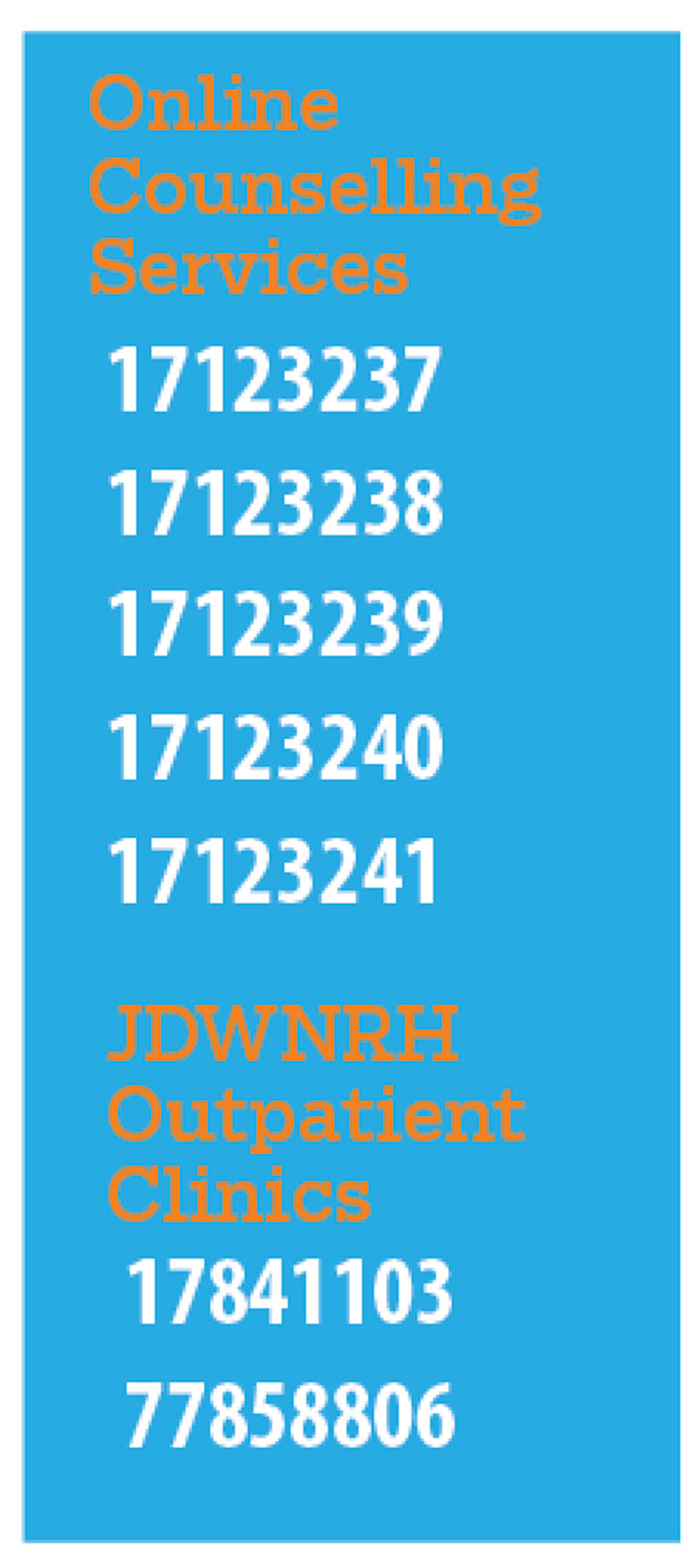Chhimi Dema
The Covid-19 Mental Health Response Team, the team that provides psychosocial support to the affected, has received more than 300 telephone calls since the lockdown.
On the first day of the lockdown, people called the team to seek help as they were stranded away from home. The following day and the day after calls received were related to alcohol, drugs and tobacco withdrawal syndrome.
Psychiatrist Dr Chencho Dorji, the response team leader, said, “By the end of the week, a lot of the calls were related to individuals feeling suffocated at home, feeling anxious, restless and agitated.”
He said that as the lockdown progressed into the second week, people called complaining of insomnia and the relapse of previous anxiety and depressive symptoms.
“A few had suicidal ideation and relationship conflicts,” he said.

Dr Chencho Dorji said that the two important elements of this pandemic were the fear of catching the virus and the restrictions imposed on human freedom.
He said that humans responded to stress with fight or flight reaction, experiencing increased heart rate, fast breathing and tensed muscles. If the stress is prolonged over a length of time, people become fatigued and overwhelmed by the fear.
“Many people can cope with stress. But, some will suffer severe stress reactions like anxiety, panic attacks and depression,” he said.
The response team received calls from people aged from 20 to 30-years-old.
Dr Chencho Dorji said that women experienced insomnia, anxiety and depression whereas men called the team regarding withdrawal syndrome.
The team provide telephone and online counselling services. There are five dedicated mobile phone numbers (17123237, 17123238, 17123239, 17123240 and 17123241 which have been open round the clock since April 2020.
The counselling helplines are assigned in each dzongkhag, thromde and some communities as well. There are 30 helplines for counselling in different parts of the country.
Moreover, since the lockdown, the psychiatry department of Jigme Dorji Wangchuck National Referral Hospital has two outpatient clinics (17841103 and 77858806) operating from 9 am to 5 pm except on Sunday.
An official from the department said that they were receiving an average of 20 calls a day. Most of the cases since the lockdown were people suffering anxiety, panic attack and withdrawals the official said.
“Physical exercises will release feel-good hormone like endorphins and keep the body in shape—practice yoga, mindfulness, bodyweight exercise, push-ups, dancing, aerobics and prostrations,” Dr Chencho said.
He advised people to stay connected with loved ones, family and friends through online platforms or engage in acquiring new skills such as playing guitar, writing blog, listening to music or watching movies.
He emphasised that repeatedly watching the news and social media could over-stimulate the brain.
“Overexposure and stimulation can increase anxiety and stress, and that is one of the causes of insomnia. So, switch off everything—light, TV, Radio, social media and sleep or take rest,” Dr Chencho said.

